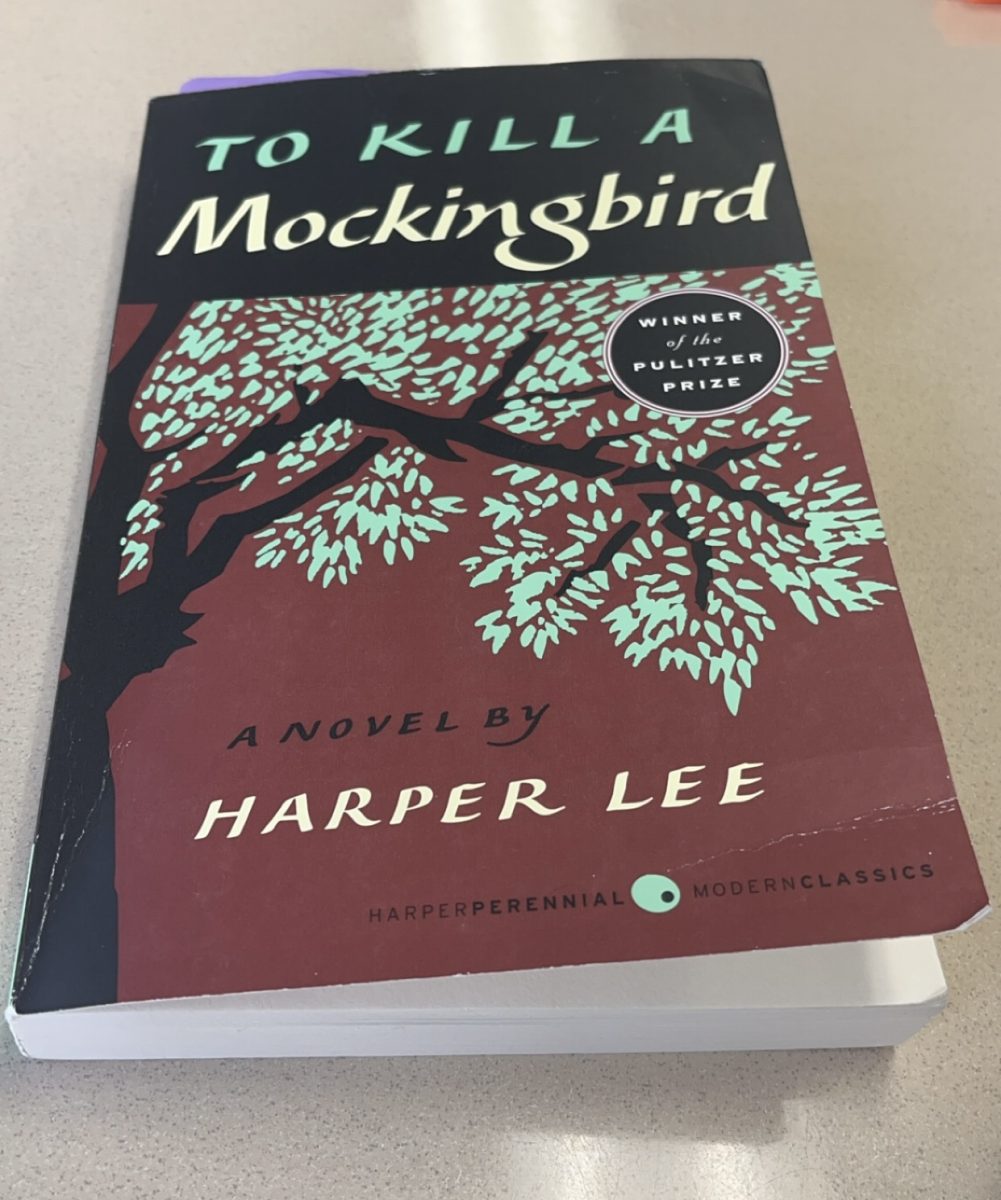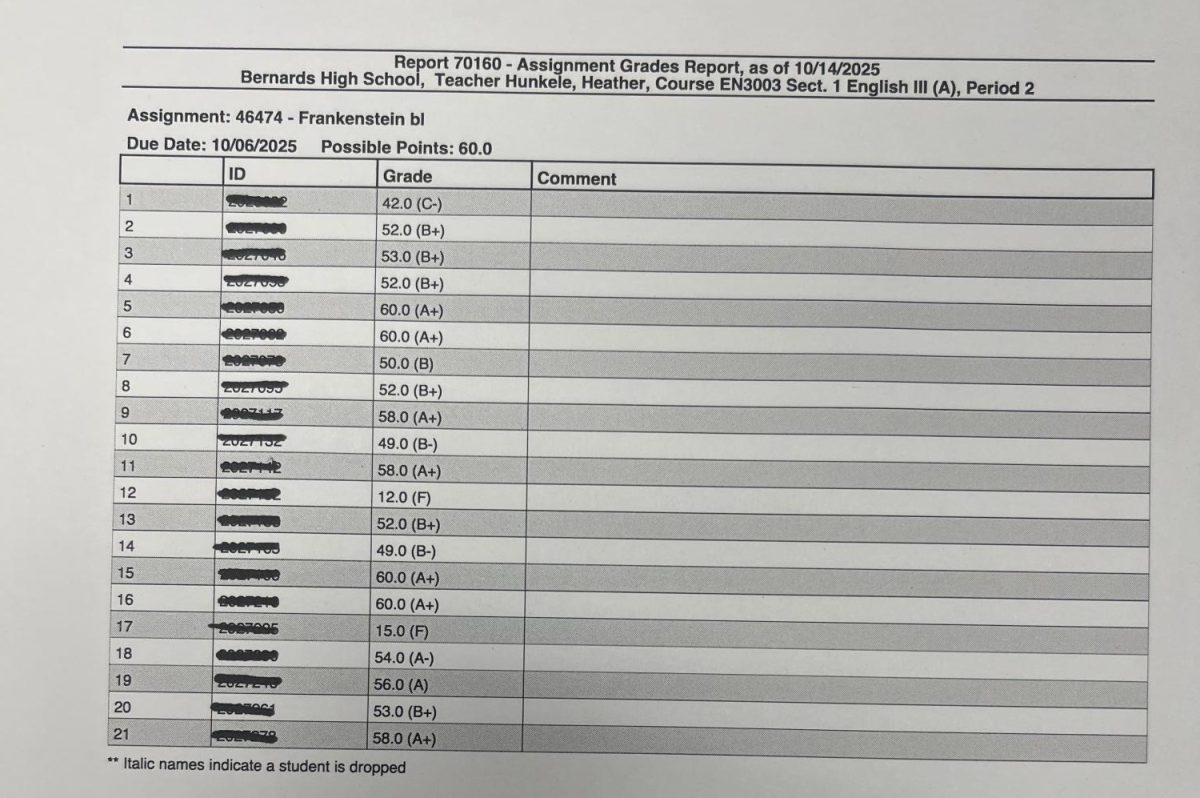New Jersey has released new ELA standards for schools, leading to the rewriting of BHS’s English curricula for all grades and levels, to incorporate the new requirements. With this taking effect next school year, this change will have an impact on both students and teachers. It is hopeful and intended that the rewriting will benefit students’ learning outcomes and teachers’ lesson plans, as well as teaching strategies. With research developing and the information students need to obtain changing, new curricula are helpful to better the learning experiences and outcomes of students, and the teaching that goes on as well.
New curricula involves certain aspects of the previous plans to be removed and others being added. All grades and levels will have the chance to experience these new changes that will come. Students who spend the year reading, interpreting, and reflecting on the classics— The Odyssey by Homer, Romeo and Juliet by William Shakespeare, To Kill a Mockingbird by Harper Lee and more— are one of the groups that will be impacted by the ongoing changes. They will be facing some of these classics being either taken away from the previous plans, or kept for them to read and work with. Discussions at the Board of Education will be held later this month, and again in April, that will include topics such as which classics to keep in the curriculum and the best way to present them. Strategies like book clubs could be introduced to allow students to choose which text they would like to read, others could remain a staple to be read with the class as a whole, and some could be removed or replaced completely.
Along with revisions of the classics, new curricula allows for the inclusion of more up-to-date authors and stories. This will give students the chance to connect the stories they read in class to their own lives in a realistic way, promoting improved comprehension due to modern language. In other words, it helps students to understand exactly what they are reading. Fiona Dougherty ‘27 said she would like to see “less classics, more new books” in the new curricula. For students, comprehension will be boosted and readings will feel more up-to-date and realistic.
New curricula are not just for the benefit of students, but teachers will also be impacted by the changes, in more ways than one. An additional element the rewriting allows for is a fresh set of voices; teachers will input their up-to-date ideas into the curriculum. These new ideas are often positive inclusions and in this case, they will use teachers’ latest perspectives to formulate the curriculum they will be teaching. This is helpful in teachers enjoying what they are teaching, as it will include their own inputs.
For teachers, voices will be heard and lesson plans will be improved. English teacher Mrs. Snyder stated, “curriculum rewrites give us a chance to do that important reflection and intentionally alter our practice to continue to do what’s best for our students.”
New Jersey’s decision to revise the ELA standards for schools will impact both BHS teachers and students for next school year. The new English curricula, effective for all grades and levels, will improve the learning outcomes of students and the lesson plans of teachers. New curricula are always necessary with research constantly developing and expectations of students in the future changing frequently. It is intended and extremely promising that the new curricula will better the learning experiences of BHS’s students beginning next school year, and will benefit them in years to come.













